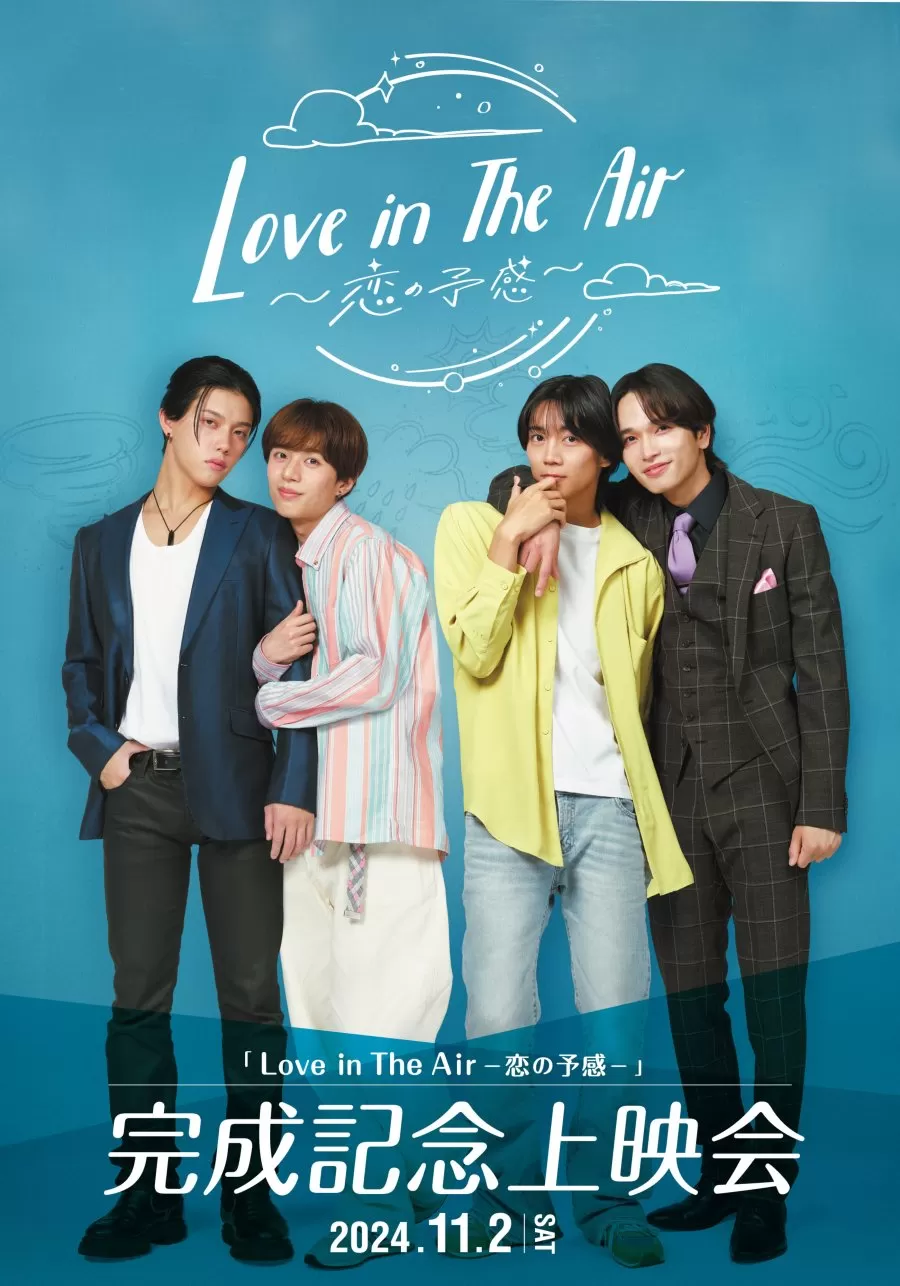“Love in the Air: Koi no Yokan” swooped into my evening like a breeze tinted with nostalgia and curiosity. This Japanese remake of the beloved Thai series, sharing the same name, carries the familiar heartbeat of the original while draping it in a delicate kimono of Japanese charm. I wasn’t quite sure what to expect at first—would it capture the same magic, or lose itself in translation? But as I settled in, memories of the Thai version subtly danced through my mind, a comforting echo reminding me of where this story began.
The series stretches over eight episodes, with two additional specials, each episode briskly told in about 25 to 30 minutes. Honestly, the shorter run felt refreshing. Unlike the Thai original, which sometimes wandered like a lazy river, this remake cuts straight to the chase—sometimes, less really is more, right? It feels like the Japanese production understood the importance of pacing, giving me just enough time to savor the emotions without dragging the story unnecessarily.
At its heart, “Love in the Air” is about the wild, often messy romance of two pairs of architecture students: Rei and his buddy Kai. Their love lives aren’t intertwined at first; instead, the show cleverly splits the narrative, dedicating equal love and attention to each pair. Rei’s chemistry with Arashi, a rebellious mechanic who thrives on the rush of illegal street races, is anything but smooth sailing. Their relationship kicked off with sparks—not just romantic but the kind that sting, as they clash over everything from life choices to personal values. Yet beneath Arashi’s rough exterior and passion for engines lies a heart that quietly teaches Rei the meaning of discipline and growth. Meanwhile, Rei learns there’s much more beneath Arashi’s handsome surface than meets the eye.

On the flip side, Kai’s story with Fuma runs deeper, darker, and painfully more complex. Their accidental meeting at a race is electric—full of raw tension and unexpected passion. But Kai carries scars that go far beyond heartbreak. His past, marked by unimaginable abuse and betrayal, casts a long shadow over their fragile connection. Watching Fuma’s unwavering patience, delicately peeling back Kai’s defenses and fighting his own doubts, was like witnessing a tender bloom pushing through cracked concrete. It’s a testament to resilience, trust, and the quiet power of love to heal wounds.
I won’t lie—the plot doesn’t surprise much. Two handsome men fall for younger, vulnerable partners, face typical love hurdles, and find a hopeful ending. Yet, the beauty lies not in novelty, but in the nuances of their relationships. The way Arashi refuses to rest on his laurels, continually pushing himself forward, inspired me. Rei, with his mischievous, carefree charm, brought levity that balanced Arashi’s brooding intensity. Although Arashi didn’t quite fit my personal “hot” ideal, his passion and depth were undeniable. In contrast, Kai and Fuma’s story stood out, raw and compelling, avoiding unnecessary drags and focusing on the weight of real trauma and slow healing.
Those two special episodes? Honestly, they felt like a breath of filler air—pleasant, but not essential. I’d rather have skipped them and dived straight to the heart of the main stories. In the end, “Love in the Air: Koi no Yokan” is a beautifully edited tapestry that respects its origin while weaving its own distinct threads. It feels like a gentle reminder that even familiar tales can find fresh voices, as long as they’re told with care and heart. If you ask me, sometimes, love really is in the delicate air we breathe—unseen, but utterly undeniable.

